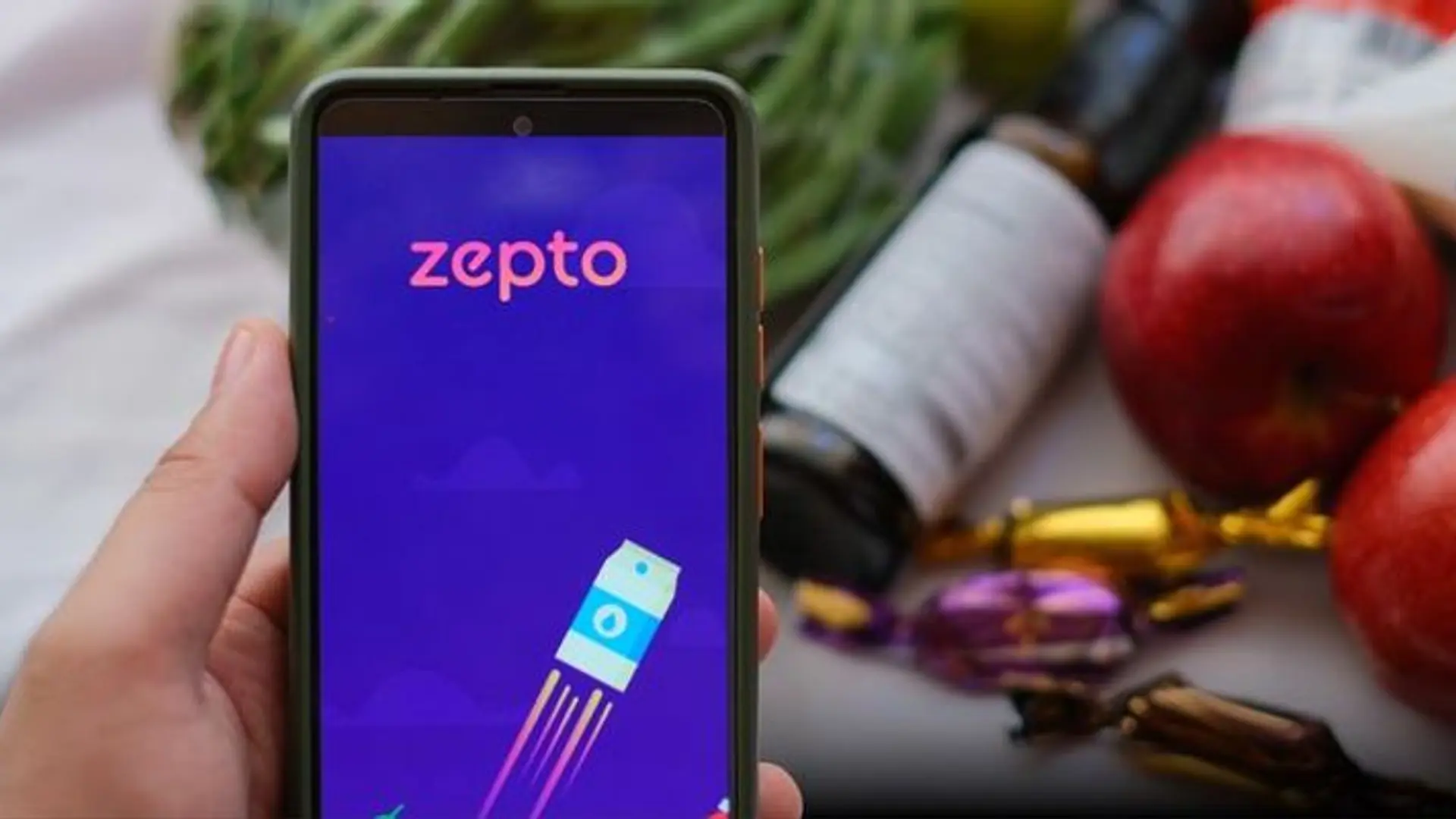How the concept of office spaces and meetings is going to change forever
The ‘work from home’ concept, which is comparatively new in India, is slowly catching up and is here to stay. It saves on the commute time, energy, and the money on various resources.
Remember the time when people used to go to the office every day? People used to work for 8-9 hours, meet their colleagues and clients, have coffee machine conversations, and used to party together once in a while.
However, COVID-19 has changed all of that. People can no more have those enriching brainstorming sessions or a quick walk after long meetings. Instead, we now have to ‘Work from Home’ (WFH), which has its own comforts and complications.
WFH is now slowly becoming the new normal, and most people have taken to it in full stride. Employers have come up with business sustainability plans and WFH policies overnight to adapt to this changing environment. It’s been more than five months now, and as humans always do, we have adapted to this work culture by overcoming various challenges attached to WFH.
While it may all sound simple right now, it was a roller coaster ride for everyone. It just didn’t change working patterns, but it altered the work-life balance as well. It will be really interesting to witness how everyone realigns to working from offices again, and how office spaces will evolve to suit the post-COVID-19 standards.
Here are some ways in which this ‘New Normal’ will evolve office spaces:

Revamping the workplace and its traditions
Your office will welcome you with many constraints to follow the social distancing mandates. While it is an employer’s responsibility to revamp the office space to suit the new norms, a lot is dependent on the conduct of the employees while at work.
Imagine your first day at work - You reach the office building and wait for the elevator. It does not fill up as it used to, and you are greeted with caution signs which say “Don’t touch the elevator walls”.
Maybe there will be an app on your mobile phone that navigates the elevator, which completely avoids you touching the buttons. When you reach the office, you can’t greet your colleagues with high-fives. Probably the best time to go back to our traditional roots of greeting everyone with a ‘Namaste’!
The office is a much spaced out place now, with desks separated by dividers and glass shields, which makes whisper gossiping with your workstation neighbour completely impossible.
You will see a lot of messages on the walls talking about the Do’s and Don’ts of maintaining good social and physical hygiene while working from the office. Regular practice of sanitisation will happen at frequent intervals to ensure clean surfaces. Overcrowding to celebrate birthdays and anniversaries will be avoided, and sharing of personal belongings would be limited.
With good ventilation playing a vital role in preventing the spread of COVID-19, offices would now prefer having open windows. If the office spaces only rely on filtered air solutions, the idea of spending on a high-end climate control system and improvement in ventilation systems would be ideal.
All of this and much more will be done to ensure the safety of the employees, regardless of whether there are 10 percent employees or 40 percent employees in the office as work from home remains the most ideal option.
It won’t be surprising if the employer provides infrastructure beyond technology to function smoothly from home if required. Maybe WFH will be an alternate option wherein the employees can choose a certain amount of days in the month to work from home instead of the office.
Appreciation of the ‘Work from Home’ concept
As you settle in your desk and look around, you will realise that a lot of your co-workers have decided to opt for WFH. This concept, which is comparatively new in India, is slowly catching up and is here to stay. It saves on the commute time, energy, and the money on various resources. It also allows flexibility and comfort to the employee in case of an important personal work that can be done while they work on a deadline.
As per a survey done by India Spend, more than 60 percent of office goers would prefer working from home, allowing them to reduce their commute time drastically and spending more time with their families.
Before the pandemic, we all have cribbed about the work culture in metro cities and its impact on our lifestyle - whether it is our health, relationships, or general well-being. The last five months of COVID -19 has changed the way we perceive life, both emotionally and practically.
Work from home has allowed family members to literally stay close to each other and has made everyone avoid the stressful work environment one endures every single day. People have become inclusive as well as appreciative of each other, making this difficult time worthwhile.
The role of the HR manager at this point has become more crucial than ever. While people are finding their balance with remote working, it is imperative to keep all the employees connected as the organisation has to work together to achieve a mutual goal.
Streamlining processes and defining undivided work culture is the need of the hour. Adding fun elements and keeping the welfare of the employees in mind while surviving the trying times is the key to dynamically driving HR responsibility.
Increase in usage of tech-enabled meetings
Technology has been a boon throughout the lockdown. People were able to stay connected while maintaining social distancing with the help of technology.
With changes being brought into the workplace and more employers eventually introducing/reinventing their WFH policy or the way meetings are currently held, there is a heavy amount of dependency on technological access.
When the world shutdown and people were working from their homes, companies had to move everything to a tech-based approach almost overnight. Daily start and end of meetings, work anniversary celebrations, monthly review meetings, meeting with clients and vendors, everything moved online with the help of various software like Zoom, Google Meet, Microsoft Teams, etc.
The seats in a conference room will be further away from each other and a push, in general, to set up majority meetings online would become a trend, thereby limiting physical interaction as much as possible. These meetings would also take a little turn towards the informal side.
With people choosing to work from home, frequent visits and video bombings by pets and family members would become normal. This would also familiarise employees with their co-worker’s families and help to create a healthy bond outside professional boundaries.
As the world begins resuming and companies working towards adaptation, everyone looks forward to getting used to ‘The New Normal’. It won’t be surprising to see newer trends being added to see how people work towards adapting to the world, which is fighting a massive virus outbreak.
Edited by Megha Reddy
(Disclaimer: The views and opinions expressed in this article are those of the author and do not necessarily reflect the views of YourStory.)









